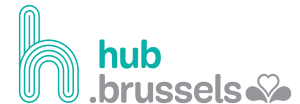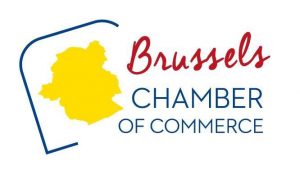The Digital Services Act and Digital Markets Act create a level playing field that will allow innovative digital businesses to grow within the single market and compete globally.
The Digital Services Act regulates online intermediaries and platforms such as marketplaces, social networks, content-sharing platforms, app stores, and online travel and accommodation platforms. Its main goal is to prevent illegal and harmful activities online and the spread of disinformation. It ensures user safety, protects fundamental rights, and creates a fair and open online platform environment.
The Digital Service Act includes rules for online intermediary services, which millions of Europeans use every day. There are more than 10.000 platforms operating in the EU. 90% of those are SME’s. 40% of companies that sell products online do it through online marketplaces. The obligations of different online players match their role, size and impact in the online ecosystem.
- Very large online platforms and search engines pose particular risks in the dissemination of illegal content and societal harms. Specific rules are foreseen for platforms reaching more than 10% of 450 million consumers in Europe.
- Online platforms bring together sellers and consumers such as online marketplaces, app stores, collaborative economy platforms and social media platforms.
- Hosting services such as cloud and web hosting services (also including online platforms).
- Intermediary services offering network infrastructure: Internet access providers and domain name registrars (also including hosting services).
All online intermediaries offering their services in the single market, whether they are established in the EU or outside, will have to comply with the new rules. Micro and small companies will have obligations proportionate to their ability and size while ensuring they remain accountable.
What the new Digital Services Act changes:
- Removing disincentives for companies to take voluntary measures to protect their users from illegal content, goods or services.
- Businesses will use new simple and effective mechanisms for flagging illegal content and goods that infringe their rights, including intellectual property rights, or compete on an unfair level.
- Businesses may also become ‘trusted flaggers’ of illegal content or goods, with special priority procedures and tight cooperation with platforms.
- Enhanced obligations for marketplaces to apply dissuasive measures, such as “know your business customer” policies, make reasonable efforts to perform random checks on products sold on their service, or adopt new technologies for product traceability.
SMEs and start-ups are dependent on large platforms’ terms and conditions as to how their content is ranked and advertised, and how their communication channels through platforms are moderated. Businesses don’t have access to data related to their consumers and stemming from their activity on a gatekeeper platform while since such data allows the business to adapt its market strategy. This is problematic for businesses in direct competition with a gatekeeper who can use such data to its own interest.
What the new rules change:
- The Digital Services Act will make the internal processes of online platforms more transparent, and allow more informed business decisions.
- The Digital Markets Act will give business access to certain data held by gatekeepers. They will also be able to choose among different platforms where to offer their services or products. They would also have an increased possibility to switch and combine services according to their needs.
Source : EU Commission





